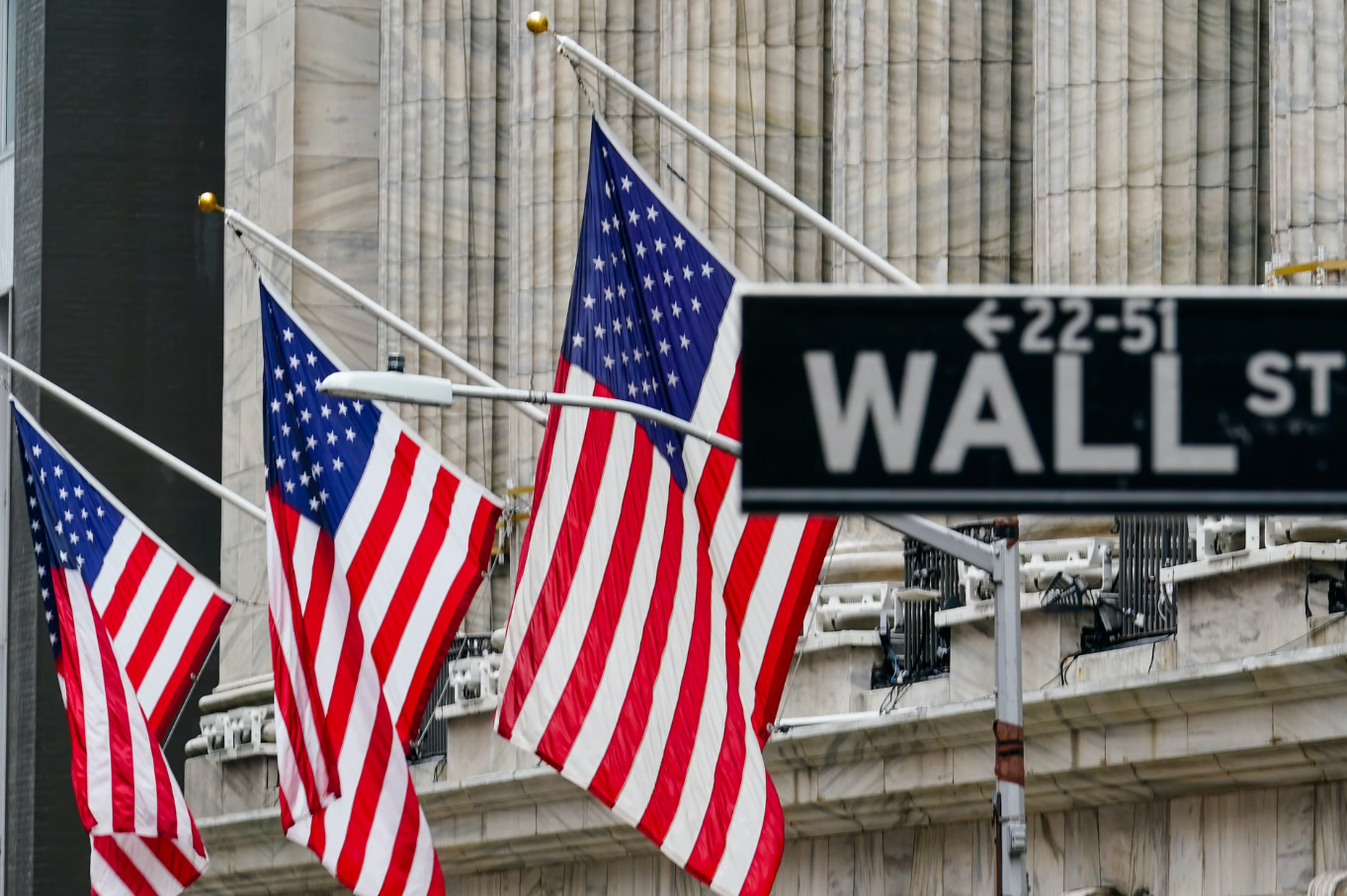Economic Momentum Projected to Slow in Fourth Quarter, But Consumer Spending May Fuel Growth
As the fourth quarter approaches, economic momentum is expected to decelerate. However, economists predict that consumer spending will provide sufficient support to sustain growth through the end of the year.
Despite facing challenges such as high interest rates, a cooling job market, and persistent inflationary pressures, the economy has avoided a long-anticipated recession so far this year. The Federal Reserve is shifting its focus from combating inflation to maintaining a historically low unemployment rate. Meanwhile, market participants, consumers, and businesses are closely monitoring the upcoming November presidential election for insights into the future of fiscal policy.
The fourth quarter could prove pivotal for the U.S. economy’s trajectory. Analysts estimate that Gross Domestic Product (GDP) growth for this period will range between 1% and 1.5%, making it the weakest quarter of the year but still steering clear of an economic downturn.
**Labor Market Weakness Could Weigh on Economy**
In the first quarter, U.S. GDP rose by 1.6%, followed by a robust 3% growth in the second quarter. Official figures for the third quarter will be released at the end of October, with projections from the Atlanta Federal Reserve suggesting an impressive 3.2% growth.
Economists warn that the labor market may pose a significant drag on the economy, as signs of deterioration emerge. Private sector data reveals unusually high layoffs, while government statistics indicate a slowdown in hiring.
However, the latest jobs report from the Bureau of Labor Statistics showed an unexpected decline in the unemployment rate to 4.1% in September, with employers adding over 250,000 jobs. This data suggests that the labor market may be more resilient than initially thought.
Chris Zaccarelli, chief investment officer at Independent Advisor Alliance, stated, “This should put to rest—at least for the next month—the idea that the economy is about to fall off a cliff or that imminent doom is on the horizon.”
**Consumer Spending Likely to Support GDP Growth**
Economists anticipate that consumer spending will remain strong, despite concerns surrounding the job market. This resilience is partly attributed to a continued easing of inflation, which is alleviating price pressures throughout the economy.
“The latest economic data continues to point to a gradual economic downshift, with consumers and businesses still spending but doing so with more prudence,” commented Gregory Daco, chief economist at EY-Parthenon.
Furthermore, economists note that the Federal Reserve’s potential shift toward interest rate cuts could stimulate GDP growth. Industries such as housing, construction, and manufacturing, which have struggled under high borrowing costs, may begin to recover.
“Some of the sectors that have been battered the most by high interest rates are finally able to gain traction again as we move into 2025,” said Diane Swonk, chief economist at KPMG.







